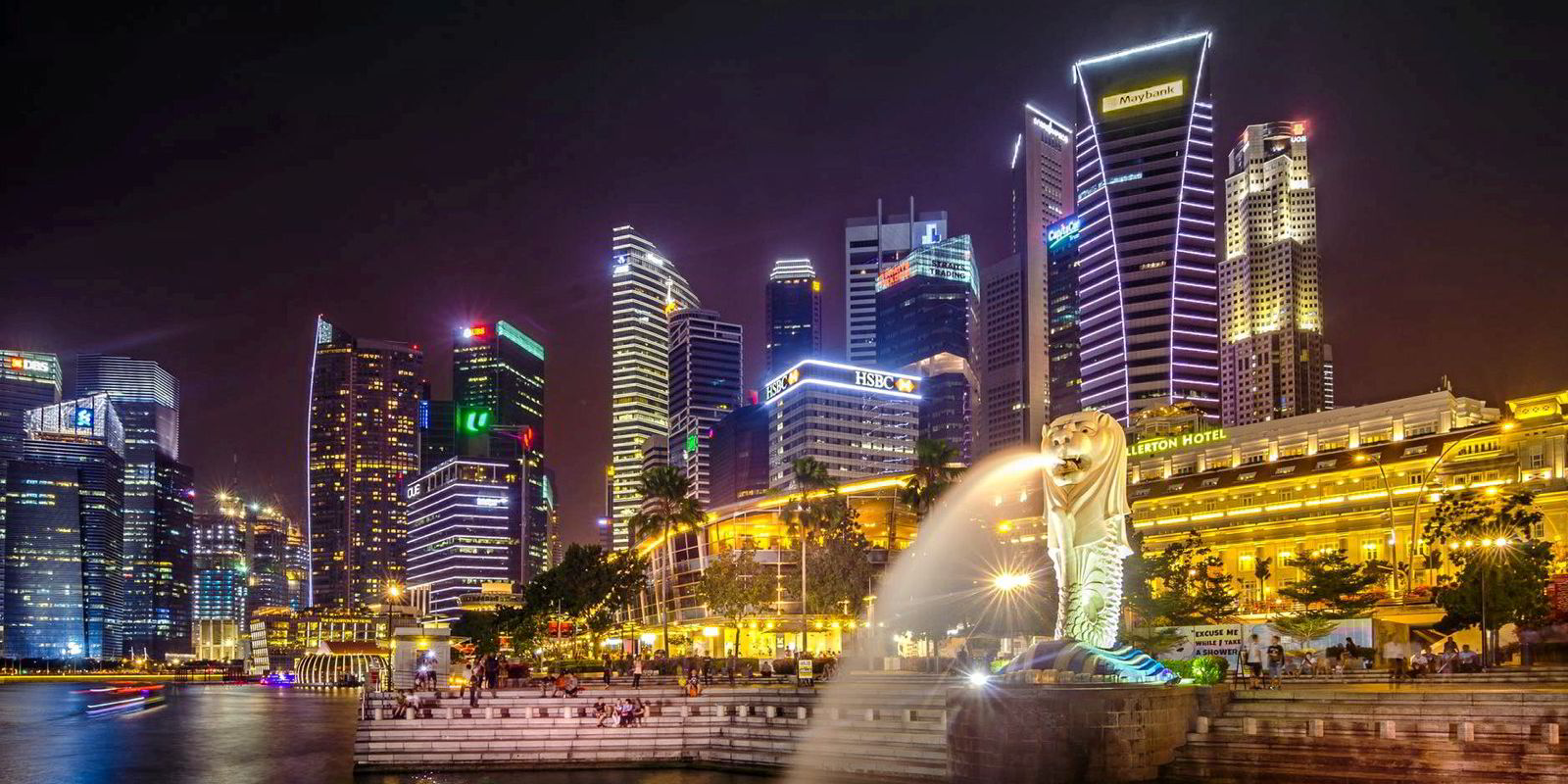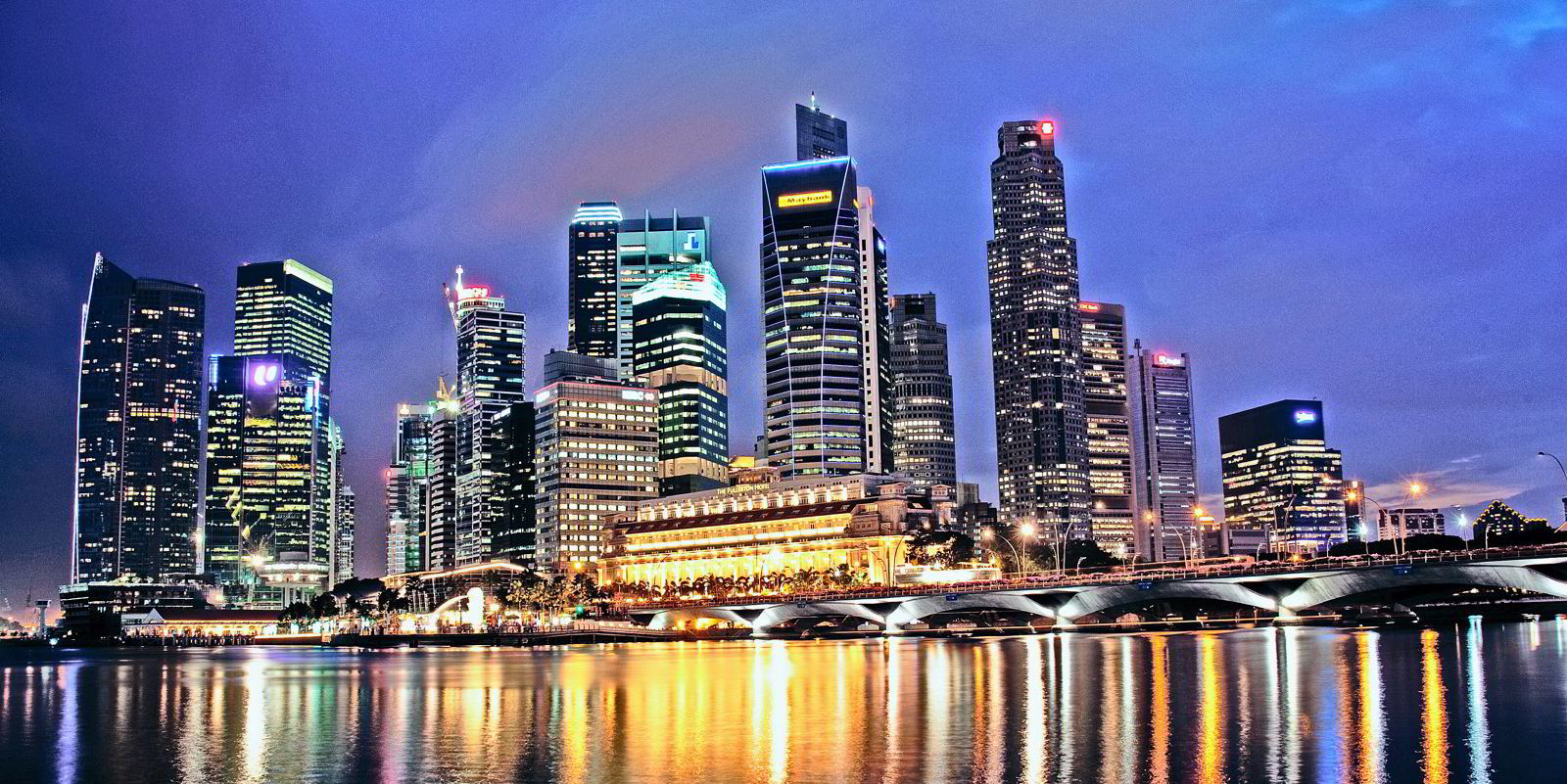Singapore has again claimed the top spot in a survey of the world's leading maritime cities, which was conducted by DNV and analysis group Menon Economics.
Menon’s biannual Leading Maritime Capitals report was released in Singapore on Thursday, putting the Lion City in the number one position, followed by Rotterdam, London, Shanghai and Tokyo.
Using 50 different indicators, and feedback from 280 invited shipping executives — mainly shipowners and managers, the report benchmarks 30 leading maritime cities around the world in shipping, finance and law, technology, ports and logistics, together with an overall assessment of their attractiveness and competitiveness.
“Singapore holds the top spot for attractiveness and competitiveness while also scooping the maritime technology title thanks to the city-state’s unrelenting focus on digitalisation,” said Dr Shahrin Osman, regional head of maritime advisory at DNV and the report’s co-author.
Osman noted that Singapore lost the top spot in shipping to Athens, and ports and logistics to Shanghai, and lost some ground in maritime finance and law.
Rotterdam rising
Commenting on Rotterdam’s rise to second place. Osman said it demonstrated the Dutch port city is “a maritime city on the rise”.
“Although only 10th in shipping, the Dutch hub scores well overall and particularly in ports and logistics, and attractiveness and competitiveness.”
Osman also described London as being among the top contenders, rising from fifth to third place.
Menon partner Dr Erik Jakobsen said the 2022 analysis used some new and more comprehensive objective and subjective indicators, as well as data sources, for each pillar.
"This facilitated more refined benchmarking of the relative performance of each city," he explained.
The LMC report noted there have been many developments since the last edition was published in 2019.
Two years of fluctuating restrictions have caused several trade and travel upsets, while extreme weather has made the world acutely aware of the climate crisis, which it described as a major driver of change.
“Maritime cities and clusters are generating unique strategies to cope with these global transformations. They will play a leading role in the green shift, with new business models that drive the transformation,” DNV Maritime chief executive Knut Orbeck-Nilssen said.






